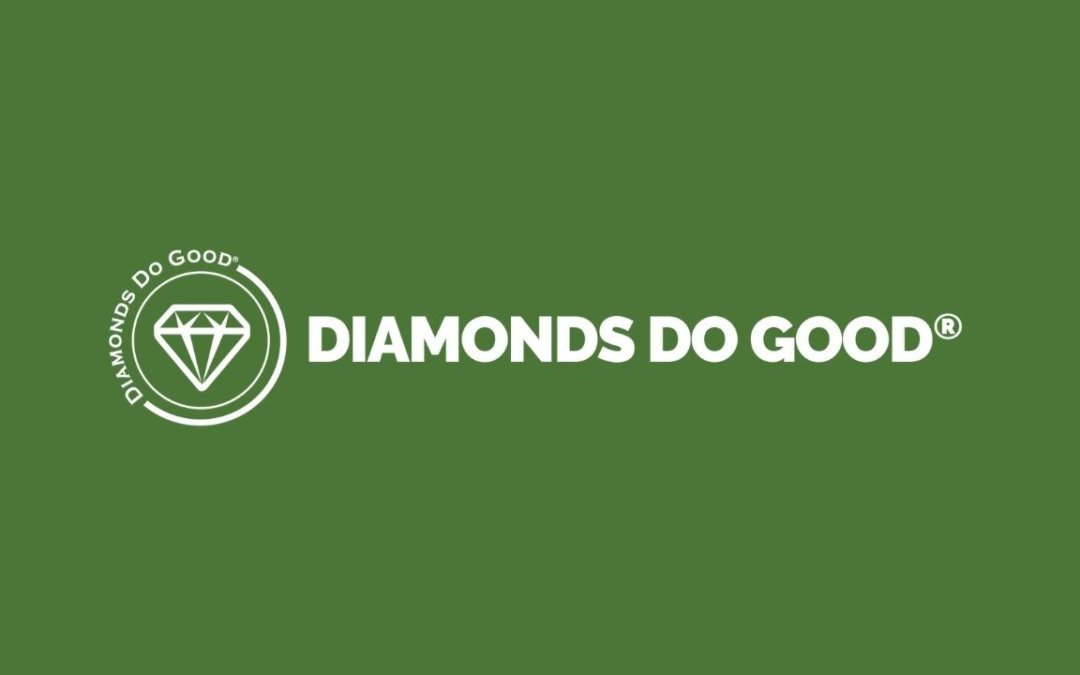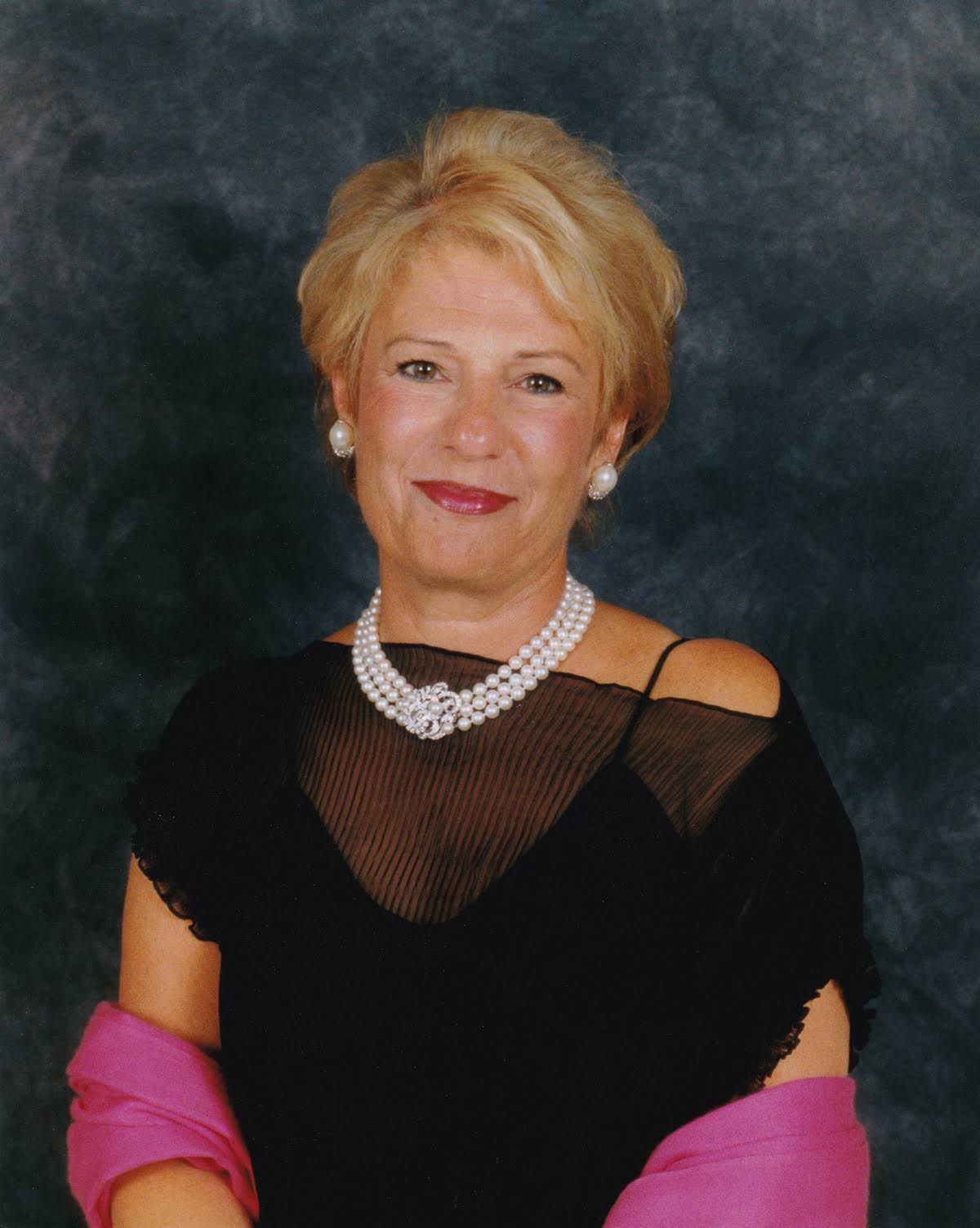Diamond Empowerment Fund President Phyllis Bergman Named One of Rapaport Magazine’s Power Players – Women Who Rock the Industry
Phyllis Bergman
CEO Mercury Ring
PASSION
Personal statement: “My ability to rise to the top of the industry is summed
up in one word: Passion — a passion to succeed at whatever I attempt in life.”
As CEO of Mercury Ring, a supplier of private label jewelry to the industry,
and currently head of the Diamond Empowerment Fund (D.E.F.), Bergman has
brought that passion to every aspect of the industry she has touched. When she
began working in the family-owned and operated business, she was a stay-athome
mom with three children. At the time, she says, “I knew nothing about the
business,” other than the nightly dinner table discussions with her husband, Ira,
who was running the company that was founded by his grandfather in 1944.
SWIM OR SINK: Bergman was pushed into the deep end of the pool when
Ira left Mercury Ring to guide Fabrikant, then a large diamond wholesaler, in
its transition to jewelry manufacturer. “I learned everything on the job,” she
says, learning about diamonds “by looking through a loupe.” She and her
daughter Stacey came on board at about the same time. “My daughter had
just graduated from the University of Chicago with a business degree. She
handled the finances, I did all the designing.”
As Bergman learned the ropes, she began to deal with the myriad intricacies
of manufacturing as well as an industry that was going through seismic
changes. With Bergman at the helm, Mercury Ring changed and adapted
with the times. At one time, the firm sold almost entirely through wholesalers.
In 1979/1980, Bergman says, “We were the largest supplier of diamond stud
earrings in the U.S.” But then the price of gold hit $800 and clients became
competitors as they looked to diamond jewelry as a way to work around the
high cost of gold. “We started to lose our customer base, as they came into that
end of the business and made the same goods cheaper because they sourced
their own diamonds.”
PRIVATE LABEL: Bergman introduced a three-stone diamond engagement
ring to the market with a fancy shape center and side stones, calling on
diamond dealers to supply the shapes. The business grew steadily, she says,
adding, “We were doing private label for all the major diamond houses.”
When the wholesale end of the business began to shrink, she changed both
the product line as well as distribution methods. “We reinvented ourselves,
from rings, then earrings and pendants, from selling to wholesalers, to
independents.”About ten years ago, the firm began to promote the
Phyllis Bergman brand, focusing on the bridal jewelry business.
GIVING BACK: While immersed in every aspect of the jewelry business,
Bergman became active in ORT, the worldwide organization offering Jewish
education and vocational training, saying, “I needed something else to make
my life more interesting.” She brought her passion to this organization,
joining ORT’s jewelry chapter in 1988, as the only woman member. She met
and was mentored by industry leaders who were intent on giving back. She
also joined the 24 Karat Club, and says, “All the ORT members were also
members of the 24 Karat Club. They really were the ones who pushed me
ahead on to different boards, including MJSA and the 24 Karat Club board.”
From there, Bergman says, “I built my personal brand outside the business.
People knew me and trusted me.”


